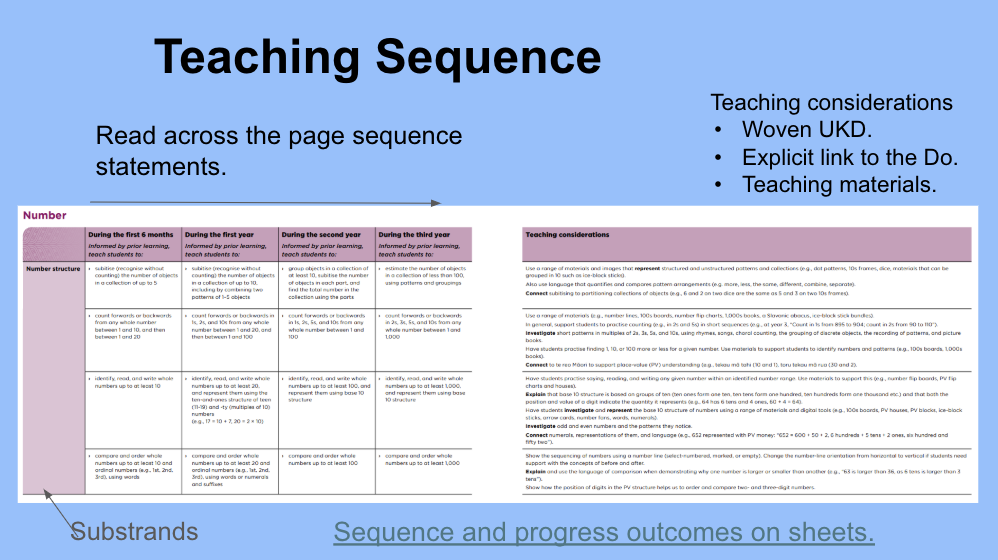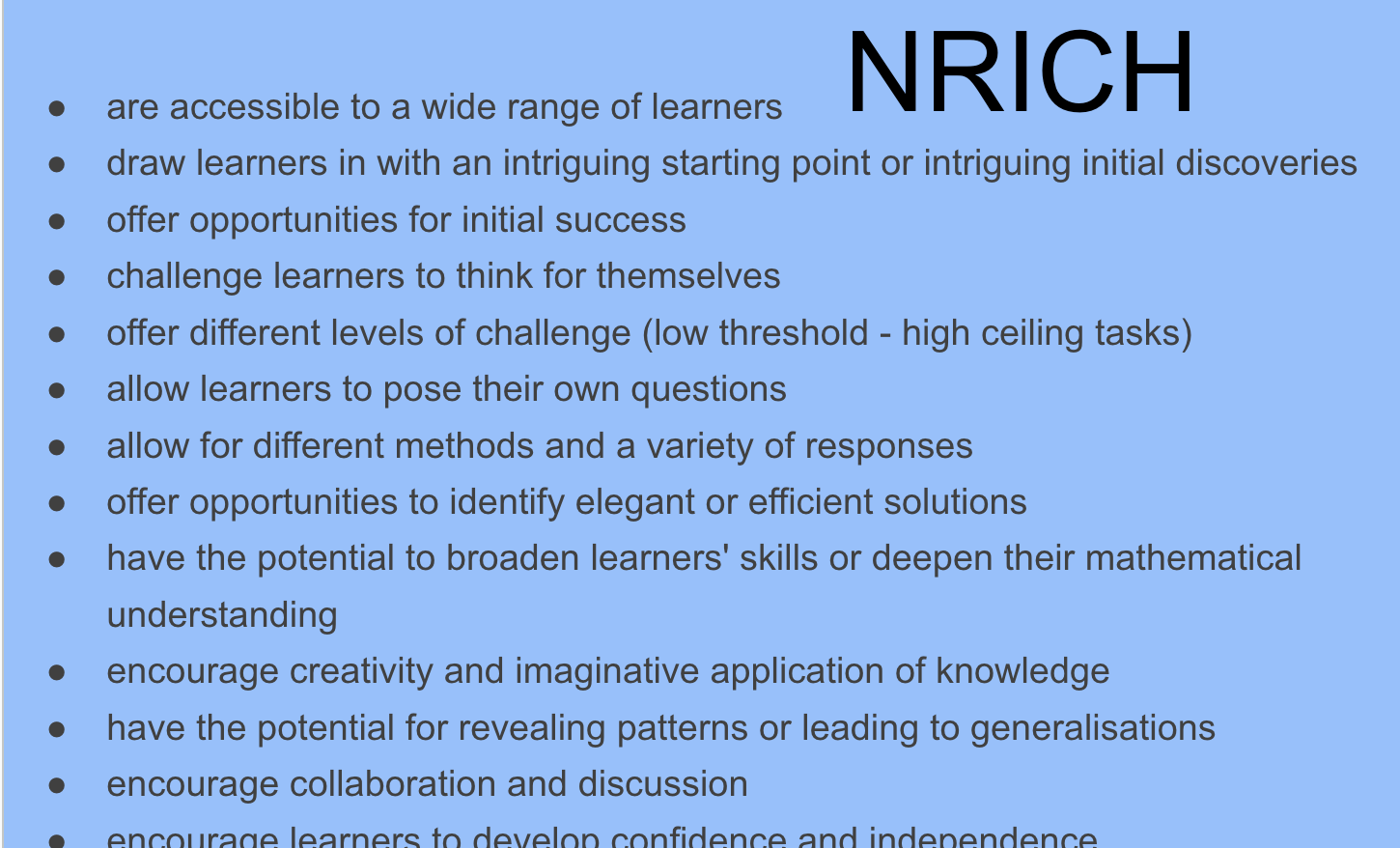"Because students don't need stickers - they need to feel seen." quote by Filipe Menezes, the founder of Hauora Education. This really resonated with me and got me thinking about how we connect, teach, and care for our tamariki and ourselves as educators.
I read an article from the Hauora Education titled "Replacing Behaviour Charts with Connection: A New Approach to Classroom Wellbeing." It challenges the traditional approach of using behaviour charts and instead focuses on fostering emotional resilience, social connection, and holistic wellbeing. The article emphasises that accountability isn't about ignoring misbehaviour but shifting the focus from punishment to reflection. In a connected classroom, consequences are relationally anchored, students learn to reflect, restore, and repair, and teachers model emotional regulation and boundaries.
Being a classroom teacher for the last eight years, I've worked with a diverse range of learners—everything from energetic young men to those who find learning a bit tough, and some with unique behavioural needs. In the last couple of years, while working on my Masters (Digital Fluency via personalised learning), a colleague's research presentation really struck a chord with me. It highlighted the importance of outdoor education for our learners' but especially their Hauora and Mana.
So, I started taking my class outside for 'Brain-breaks'—in a form of 'Movement breaks', short, guided physical activities or stretches to release tension and refresh focus, this can boost brain function.
Brain-break is called "K-O", playing this games like a modified cat and mouse. These breaks help physical training, building resilience, social connections, and soaking up some good old vitamin D. In the last couple of years, I've usually split the groups to balance high-performing sports players with those who prefer to read in quiet spaces.
This year, I've allowed our Year 4 students (building student voice & agency) to select their own teams. Our brain breaks (max 10mins) at 10amish and 12:15pm had two outstanding Year 4 students lead their teams. Initially, they struggled with 'stop, look, and listen,' or listening to instructions (.. yeap!)
Last week, we bumped into my old class, now Year 6's, who were keen for a challenge with my young Year 4's. I was so sure our Year 6's would outwit my Year 4's... how wrong was I?! Over the years, I still hear students chatting about playing "KO" challenges with my newer class. There's still plenty of banter, but it’s all about building connections, sharing laughs, creating memories, and having fun. Most importantly, it boosts 'hauora and Mana' for our young learners.
I wonder how much more can outdoor brain-breaks make a difference in boosting our students' wellbeing, attendance and confidence?
Reference:
Klapp, T., Klapp, A., & Gustafsson, J.-E. (2023). Relations between students’ well-being and academic achievement: Evidence from Swedish compulsory school. European Journal of Psychology of Education. https://doi.org/10.1007/s10212-023-00690-9
Olcar, D. (2021). The role of academic flow in students' achievement and well-being. Problems of Education in the 21st Century, 79, 912. https://doi.org/10.33225/PEC/21.79.912



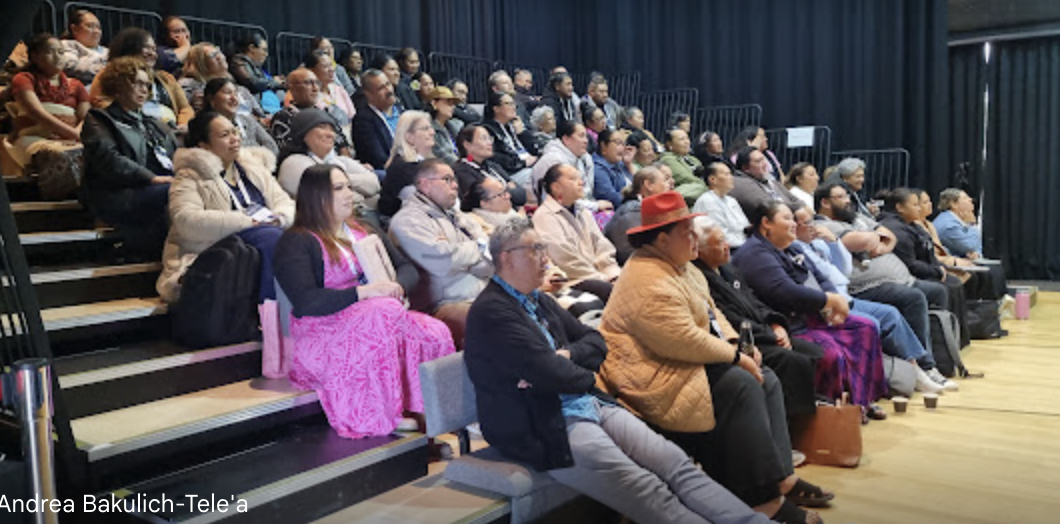
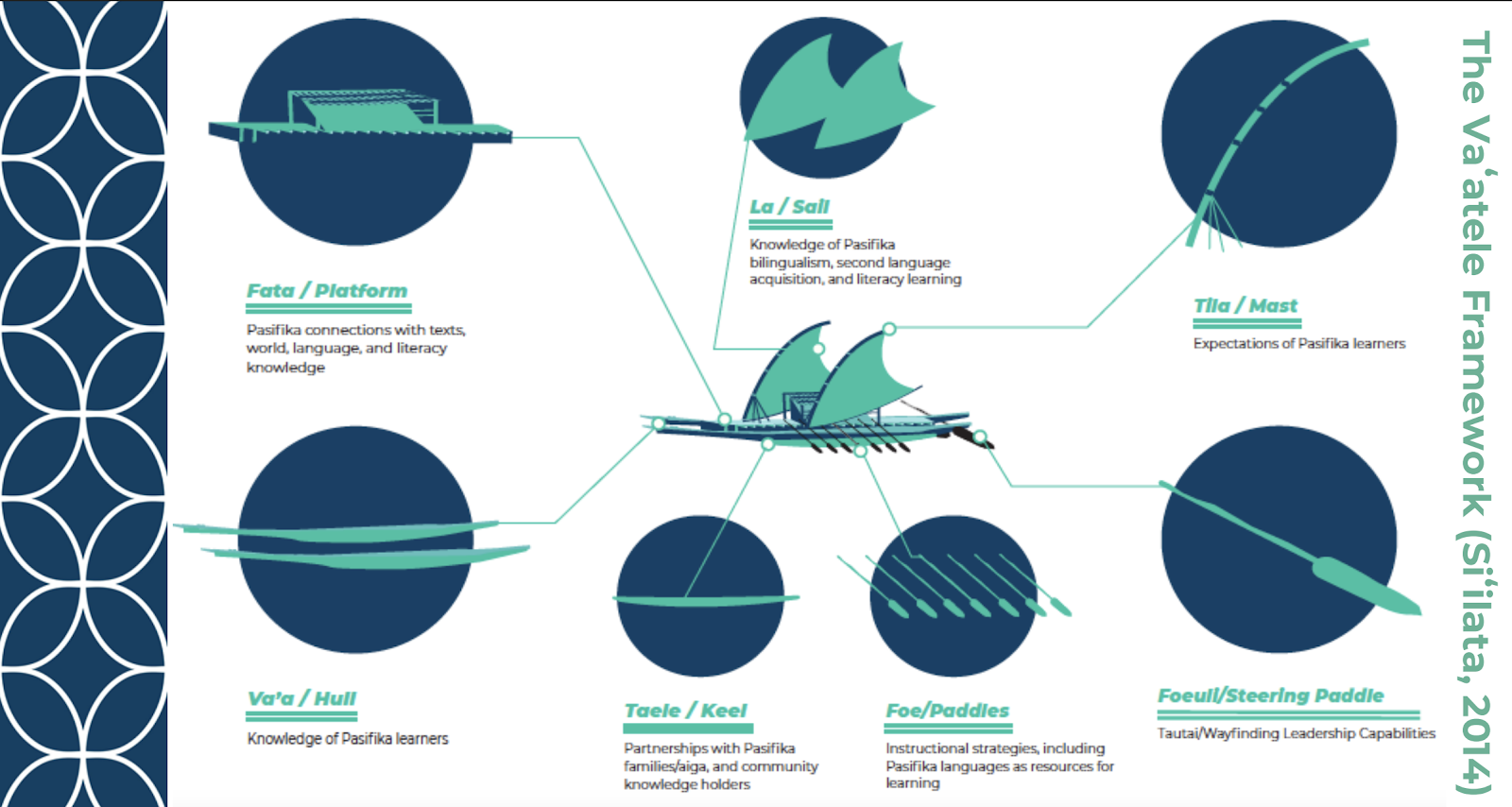










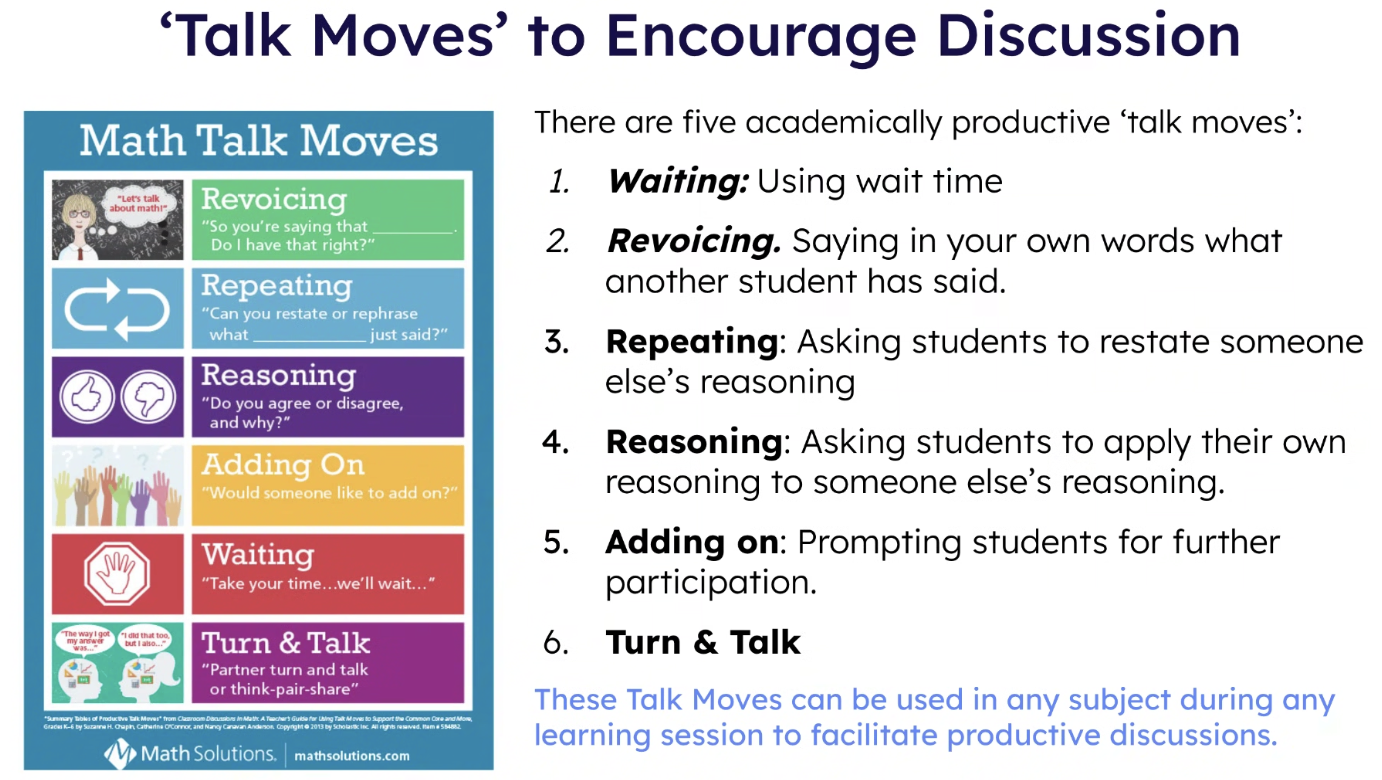



.jpg)






